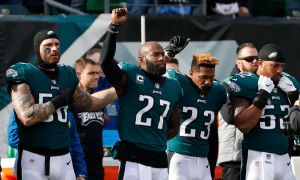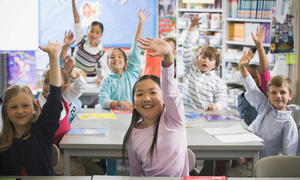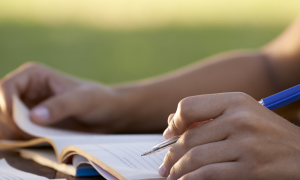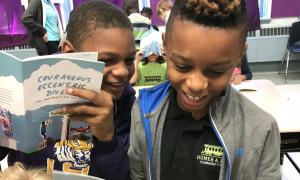page
What Is the School-to-Prison Pipeline, and How Do We Dismantle It?
Urgent change is needed to dismantle the school-to-prison pipeline. Together, families, educators and community members can advocate for and implement practices that prioritize mental health and well-being and do not push children out of schools.
November 27, 2023








